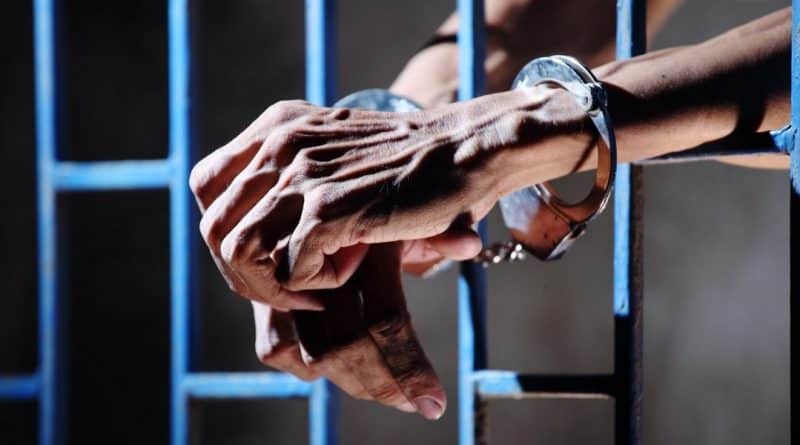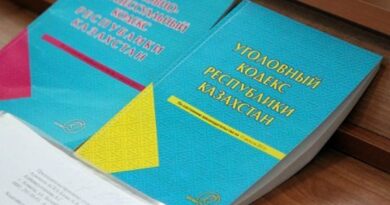Expert: Amnesty of prisoners, adopted in Kyrgyzstan, will not unload prisons
Under the amnesty should fall 1.2 thousand people or 10-12% of all prisoners in prisons. To unload the system, it is necessary to release from 30 to 50% of prisoners. The lawyer of the Coalition against Torture, Arsen Ambaryan, told ACCA about this.
He cited the data of the State Penitentiary Service according to which 9542 people are kept in prisons of the republic. In addition, according to him, another 800 people are in pre-trial detention centers.
“With regard to the unloading of prisons, today authorities report about a huge budget deficit. Foreseeing it 1.5-2 months ago, when the pandemic had just begun, the Coalition against Torture asked the authorities to find a creative approach to unload prisons and, as a result, to reduce costs. Legislation, in principle, allows this in certain situations. The initiator may be the prosecutor or the penitentiary service if, for example, we are talking about seriously ill people. By that time, a number of countries had already taken similar measures adequate to the threat of the pandemic. However, instead of supporting us, the State Penitentiary Service completely was closed and did nothing,” says Ambaryan.
He added that recently the deputy Dastan Bekeshev raised the topic of state budget spending on prisons. According to information provided by the parliamentarian, Kyrgyzstan spends up to $3.8 million a year on food for prisoners.
“The costs are actually much higher. Bekeshev said only about nutrition; this is a drop in the ocean. The State Penitentiary Service is a huge ministry with a lot of expenses. If we now reduce the number of people in prisons, then the staff of the penitentiary service will have to be optimized. I believe that there will be no reduction in the system,” the lawyer of the Coalition against Torture emphasized.
According to him, to reduce the budget load and unload prisons, it is necessary to free from 30% to 50% of the special contingent.
“Now the era of “coronavirus justice” will begin, when the terms of those 800 people, who are in jail, have expired, and the courts will simply stamp sentences. Thus, conditionally 1.2 thousand people will leave, 800 will come there. By September, the balance will be restored. This will not unload the system and will not reduce the costs of the state budget, taxpayers’ money,” Arsen Ambaryan explained.
In addition, he said, while people come out under an amnesty, a lot of time will pass.
“After all, each case will go through a court on the recommendation of the administration of the institution where the prisoner is kept, and this, also, is a waste of time and money,” the lawyer said. “It’s not for sure that all 1.2 thousand people will be released. Therefore, we suggested the authorities to release seriously ill people from prisons. Legislation allows this. There is a list of diseases approved by the government. However, the deputies said that this could lead to unpredictable consequences in the law enforcement practice of judicial and other authorized state bodies. At the same time, according to the law, they should leave, but the procedure is too long. It lasts up to 6 months,” Ambaryan concluded.




